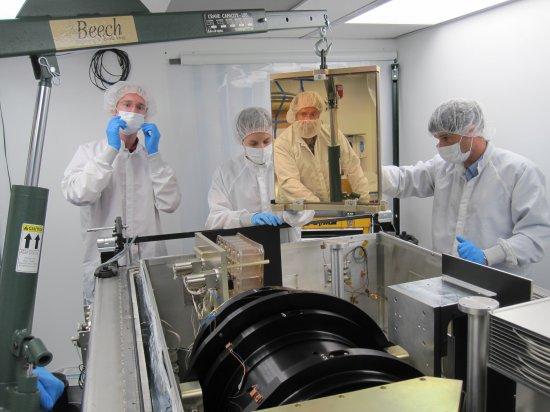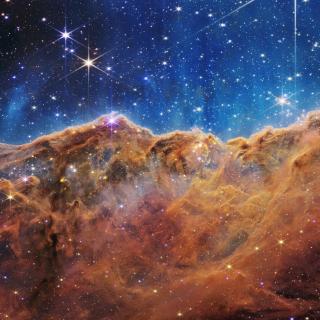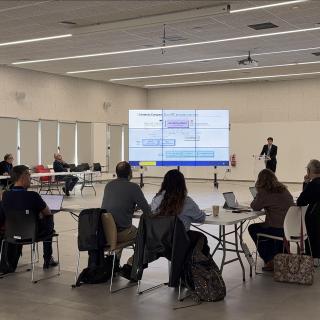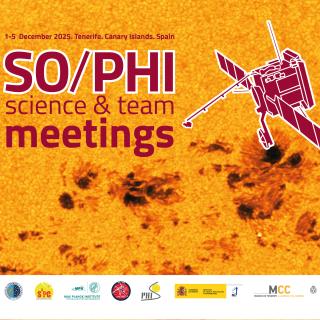Scientists in the international SDSS-III collaboration working with the APOGEE spectrograph.//Dan Long(Apache Point Observatory). High resolution image at: http://bit.ly/sdssdr10image2
Advertised on
The international SDSS-III collaboration, in which the Instituto de Astrofísica de Canarias (IAC) is a participant, publishes observations of 60 000 stars in our Galaxy.
Further information: Spanish press release



